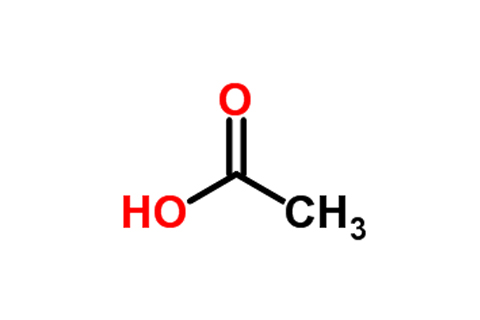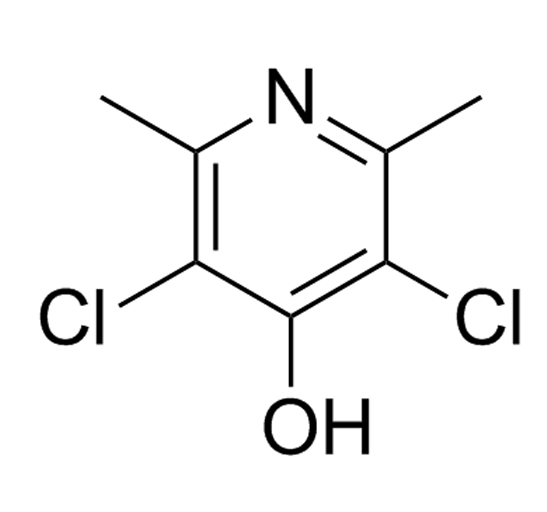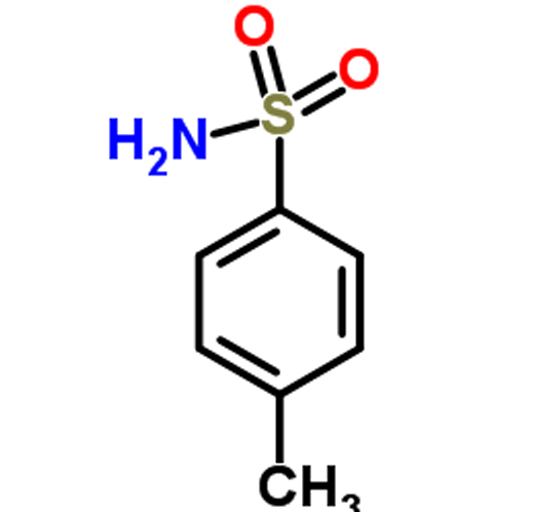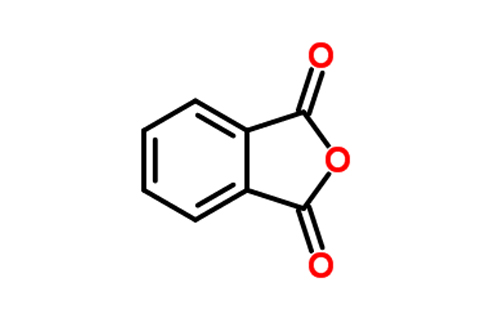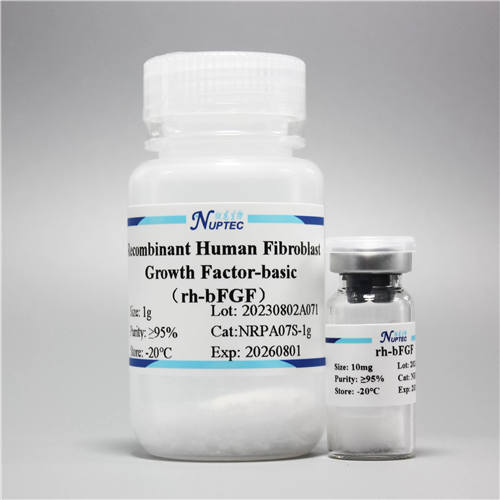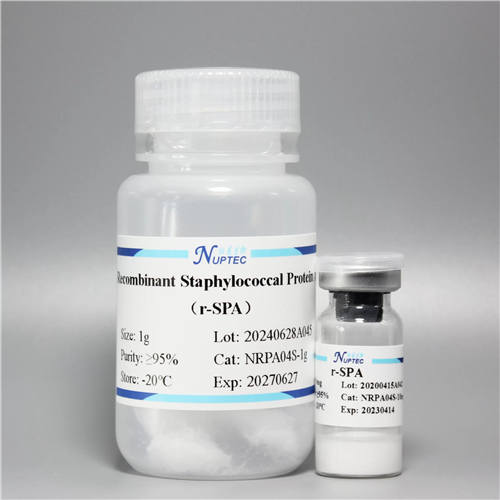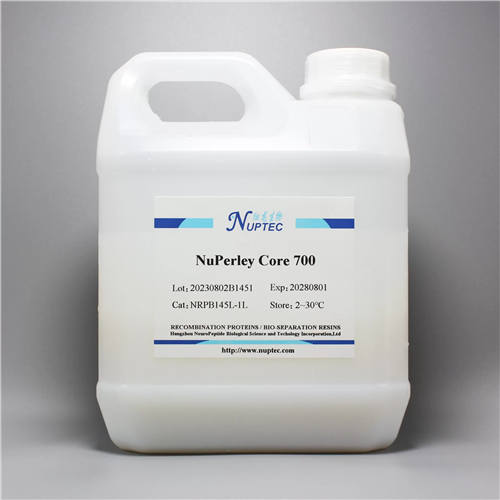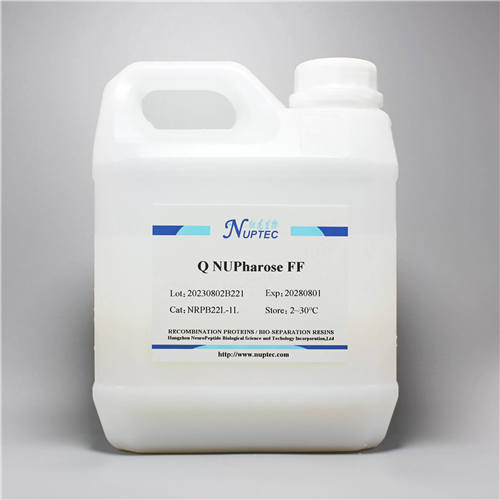Food Additives & Feed Additives
food additives supplier
food additives manufacturers/ feed additives manufacturers
the benefits of food additives/ health benefits of food additives/ benefits of food additives
Added to food to maintain or improve the safety, freshness, taste, texture, or appearance of food substances are known as food additives. Feed supplements and feed additivesare small amounts or trace substances added during the production, processing, and use of feed, which are used in small amounts of feed but have significant effects. TOPFINE, the leading feed and food additives supplier, supplies a wide range of organic feed additivesand food additives wholesalefor you!
TYPES OF FEED ADDITIVES & FOODD ADDITIVES WHOLESALE
Acetic Acid
Dehydroacetic Acid
Sodium Metabisulfite
Sodium Dehydroacetate
Sorbic Acid
Potassium Sorbate
Clopidol
Phosphoric Acid
FOOD ADDITIVES FUNCTION
Food additivesserve a variety of functions in the food industry. Here are some common functions of food additives:
Preservatives: Food additives such as sorbic acid and sodium benzoate are used to prevent the growth of bacteria, mold, and yeast in food products, thereby increasing their shelf life.
Antioxidants: Antioxidants such as ascorbic acid and tocopherols are used to prevent the oxidation of fats and oils, which can cause rancidity and off-flavors.
Sweeteners: Sweeteners such as sugar and high-fructose corn syrup are used to add sweetness to food products. Artificial sweeteners like aspartame and sucralose are also commonly used as low-calorie alternatives.
Thickeners and stabilizers: Thickeners and stabilizers such as xanthan gum and carrageenan are used to improve the texture and stability of food products, such as sauces, dressings, and ice cream.
Colorants: Colorants such as beta-carotene and annatto are used to enhance the color of food products, making them more appealing to consumers.
Flavor enhancers: Flavor enhancers such as monosodium glutamate (MSG) are used to enhance the flavor of food products.
Acidity regulators: Acidity regulators such as citric acid and phosphoric acid are used to adjust the pH of food products, which can affect their flavor, texture, and shelf life.
Emulsifiers: Emulsifiers such as lecithin and mono- and diglycerides are used to prevent oil and water from separating in food products, such as mayonnaise and salad dressings.
Anti-caking agents: Anti-caking agents such as calcium silicate and magnesium carbonate are used to prevent the clumping of powders, such as spices and baking mixes.
In summary, food additives serve a variety of functions in the food industry, including preservation, oxidation prevention, sweetness, texture and stability improvement, color enhancement, flavor enhancement, acidity regulation, emulsification, and anti-caking. Food additives manufacturers/ feed additives manufacturersuse these additives to improve the quality, safety, and shelf life of food products, as well as to make them more appealing to consumers.
WHAT IS THE DIFFERENCE BETWEEN FOOD ADDITIVE AND FEED ADDITIVE
Food additives and feed additivesare both substances added to food or feed to improve its quality and safety, but there is a key difference between the two:
Food additives are substances added to human food to enhance its flavor, texture, color, or preservation.
Feed additives, on the other hand, are substances added to animal feed to improve its nutritional value, enhance its flavor or preservation, or promote the growth and health of the animals being fed.
Both food additives and feed additives are subject to regulatory approval for safe use, but the regulations and safety standards for each can differ. Additionally, the health and safety implications of consuming food products from animals that have been fed feed additives may also be different from those associated with consuming food additives directly.
BENEFITS & ADVANTAGES OF FOOD ADDITIVES
Food additives are substances that are added to food to enhance its flavor, texture, appearance, and shelf life. Here are some benefits and advantages of using food additives:
Nutrition:
Some food additives, such as vitamins and minerals, are added to food products to increase their nutritional value. This can help address nutrient deficiencies in the population and improve overall health.
Texture:
Food additives are also used to improve the texture of food products. For example, thickeners and stabilizers are used to give sauces and soups a smoother texture, while leavening agents are used to make baked goods lighter and fluffier.
Convenience:
Food additives are often used to make food more convenient and easy to use. For example, emulsifiers are used to keep oil and water from separating in salad dressings, while stabilizers are used to keep ice cream from melting too quickly.
Flavor:
Food additives are often used to enhance the flavor and aroma of food products. For example, vanilla extract is used to add flavor to baked goods, while MSG is used to enhance the savory flavor of meat and vegetables.
Safety:
Some food additives are used to make food safer by inhibiting the growth of harmful bacteria, such as those that cause foodborne illness. For example, nitrates and nitrites are commonly used as preservatives in cured meats to prevent the growth of bacteria that can cause botulism.
Preservation:
Many food additives are used as preservatives to help prevent spoilage and increase the shelf life of food products. This can help reduce food waste and improve the availability of nutritious food.
ORGANIC FEED/FOOD ADDITIVES APPLICARIONS
Organic feed and food additives are used in organic farming and food production to enhance the quality and nutritional value of organic crops and animal products. Here are some common applications of ...
Feed additives for livestock:
Organic feed additives such as probiotics, prebiotics, and enzymes are used to improve the gut health of livestock, enhance nutrient absorption, and boost growth and productivity. Organic minerals such as zinc, copper, and selenium are also added to feed to maintain animal health and prevent deficiencies.
Soil amendments:
Organic fertilizers such as compost, manure, and bone meal are used to replenish the soil with nutrients and improve soil health. Organic soil amendments can also help to control soil pH and reduce soil erosion.
Pest and disease control:
Organic pesticides and fungicides made from natural ingredients such as neem oil, pyrethrin, and copper are used to control pests and diseases in organic crops. Beneficial insects such as ladybugs and lacewings are also used for pest control.
Food additives for processed foods:
Organic food additives such as lecithin, carrageenan, and pectin are used to enhance the texture, stability, and flavor of organic processed foods such as sauces, dressings, and baked goods.
Nutritional supplements for humans:
Organic food supplements such as vitamins, minerals, and herbal extracts are used to enhance the nutritional value of organic foods and provide health benefits to humans.
In summary, organic feed and food additives are used in organic farming and food production to improve the quality, nutritional value, and safety of organic crops and animal products. These additives can help to enhance growth and productivity, control pests and diseases, improve soil health, and provide health benefits to humans.
As one of fine chemical suppliers, we can offer kinds of related products for sale, anything you need, please contact us.
We can also offer kinds of phosphoric acidfor sale, anything you need, please leave us a message.
在线联系供应商
Other supplier products
| Food Additives & Feed Additives | food additives supplier food additives manufacturers/ feed additives manufacturers the benefits of food additives/ health benefits of food addi... | |
| Clopidol Cas 2971-90-6 Wholesale | ClopidolCas 2971-90-6 Wholesale White or off-white powder, odorless. Very slightly soluble in methanol or ethanol, insoluble in water, acetone, et... | |
| Acetonitrile Cas 75-05-8 Wholesale | Acetonitrile Cas 75 05 8Wholesale Acetonitrileis an organic chemical compound with the chemical formula CH3CN. It is a colorless liquid that is us... | |
| Fine Chemicals | Fine chemical productsare specialty chemical products that are manufactured in small quantities and have a high level of purity. They are used as i... | |
| Paint & Coating Additives | As a professional paint and coating additives manufacturer, Topfine Chemical provides professional solutions for raw materials in the paint and ink... |
Same products
| Peptide Technology Cooperation & Transfer | 卖方: PeptiOrigin Biotechnology Co., Ltd. | Peptide Technology Cooperation & Transfer Driving Innovation Through Strategic Partnerships ... | |
| Recombinant Human Fibroblast Growth Factor-basic | 卖方: Hangzhou NeuroPeptide Biological Science and Technology Incorporation, Ltd | Physical Appearance:Freeze-dried powder Formulation:5mMPB(pH7.4) before freeze-drying TheorypI:... | |
| Recombinant Staphylococcal Protein A | 卖方: Hangzhou NeuroPeptide Biological Science and Technology Incorporation, Ltd | TheorypI:5.10 Resources:Escherichia coli(E. coli) Purity:≥95% Storage condition:-20℃ Stora... | |
| NuPerley Core 700 | 卖方: Hangzhou NeuroPeptide Biological Science and Technology Incorporation, Ltd | NuPerley Core 700 Matrix:Rigid agarose microsphere Ligand:n-octylamine Particle size, d50:~90 ... | |
| Q NUPharose Fast Flow | 卖方: Hangzhou NeuroPeptide Biological Science and Technology Incorporation, Ltd | Matrix:6% Cross-linked agarose Ligand:Quaternary ammonium salt, -CH2CH(OH)CH2N(CH3)3+ Particle ... |





